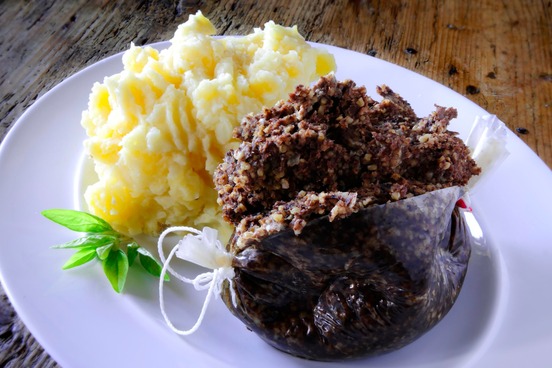
Haggis
haggis, noun : a traditionally Scottish dish that consists of the heart, liver, and lungs of a sheep or a calf minced with suet, onions, oatmeal, and seasonings and boiled in the stomach of the animal
From "Address To A Haggis"
Ye Pow'rs, wha mak mankind your care,
And dish them out their bill o' fare,
Auld Scotland wants nae skinking ware
That jaups in luggies;
But, if ye wish her gratefu' prayer
Gie her a haggis!
Haggis is the main ingredient of a traditional Burns Supper. Eat it with neeps (turnips) and tatties (potatoes), and wash it down with whisky (a lot of whisky).
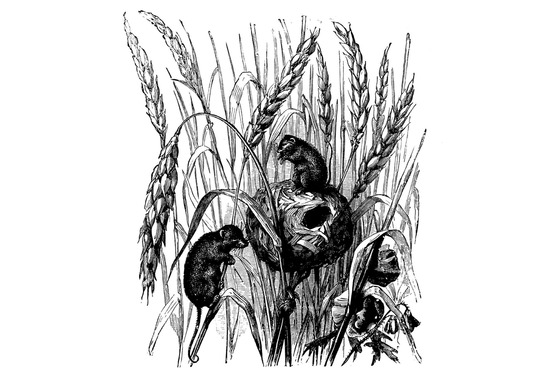
Agley
agley, adverb : awry, wrong
From "To A Mouse, On Turning Her Up In Her Nest With The Plough"
But, Mousie, thou art no thy lane,
In proving foresight may be vain;
The best-laid schemes o' mice an 'men
Gang aft agley,
An'lea'e us nought but grief an' pain,
For promis'd joy!
This may be the most famous Burns quote of all time—it's certainly the first known usage of "agley," and the source for the title of John Steinbeck's 1937 novella Of Mice and Men.
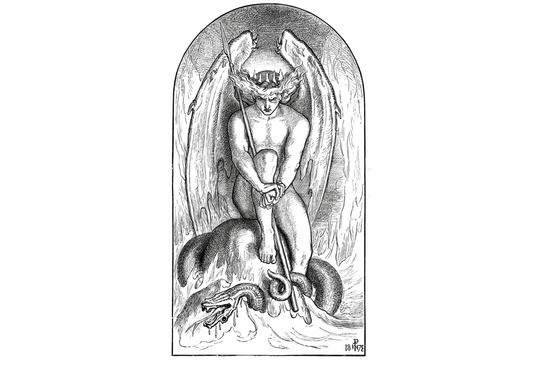
Kittle
kittle, adjective : hard or risky to deal with or do : ticklish
"Epigram Addressed To An Artist"
Dear _____, I'll gie ye some advice,
You'll tak it no uncivil:
You shouldna paint at angels mair,
But try and paint the devil.
To paint an Angel's kittle wark,
Wi' Nick, there's little danger:
You'll easy draw a lang-kent face,
But no sae weel a stranger.-R. B.
In this poem, kittle is used as an adjective and means that it's trickier to paint an angel, who is a stranger, than the devil, with whom the artist is doubtless familiar. An unrelated verb of the same spelling and pronunciation means "to give birth to kittens."
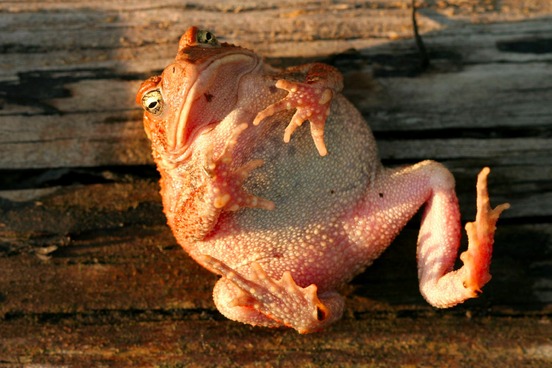
Yestreen
yestreen, adverb : on yesterday evening
"The Toadeater"
Of Lordly acquaintance you boast,
And the Dukes that you dined wi' yestreen,
Yet an insect's an insect at most,
Tho' it crawl on the curl of a Queen!
Yestreen gets its first element from an old form of the word yesterday and the Scots word evin meaning "evening." Yestreen also functions as a noun meaning "last night" or "last evening."

Gang
gang, verb : go
From "A Red, Red Rose"
O my Luve's like a red, red rose,
That's newly sprung in June:
O my Luve's like the melodie,
That's sweetly play'd in tune.
As fair art thou, my bonie lass,
So deep in luve am I;
And I will luve thee still, my dear,
Till a' the seas gang dry.
Readers are most likely to encounter this word through Burns's poetry, but the verb gang is first found in Beowulf.
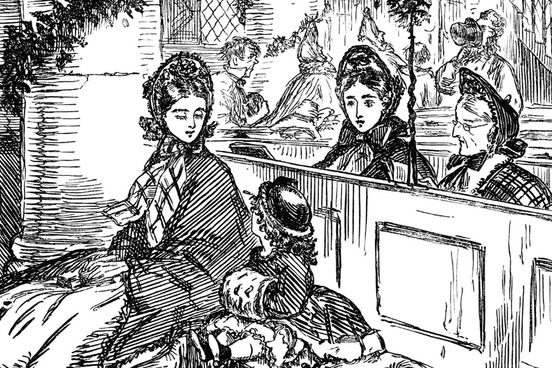
Ferlie
ferlie, noun : a strange or unusual sight
From "To A Louse: On Seeing One On A Lady's Bonnet, At Church"
Ha! whaur ye gaun, ye crowlin ferlie?
Your impudence protects you sairly;
I canna say but ye strunt rarely,
Owre gauze and lace;
Tho', faith! I fear ye dine but sparely
On sic a place.
Ferlie traces back to an Old English word meaning "sudden danger"—the same word that gave us the word fear.

Auld Lang Syne
auld lang syne : the good old times
From "Auld Lang Syne"
Should auld acquaintance be forgot,
And never brought to mind?
Should auld acquaintance be forgot,
And auld lang syne!
Burns actually never claimed "Auld Lang Syne"—he said it was a fragment of an old song he'd discovered—but scholars credit him with the song we hear every New Year's.





